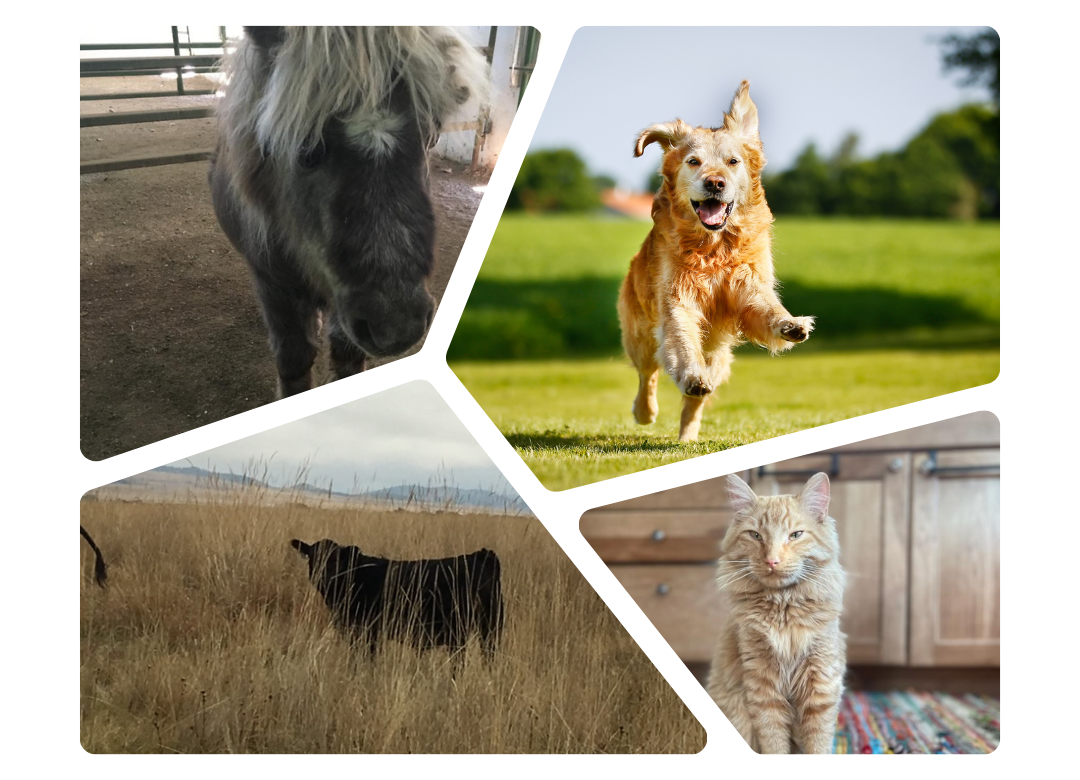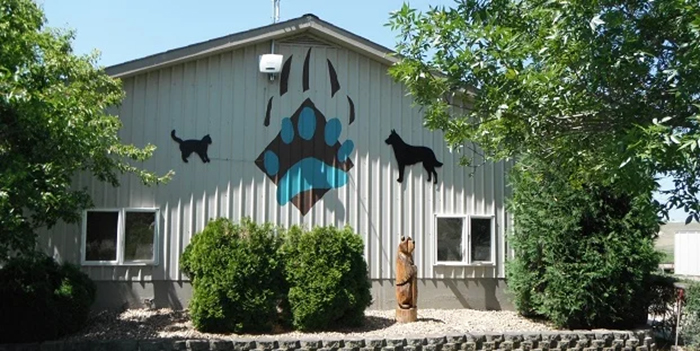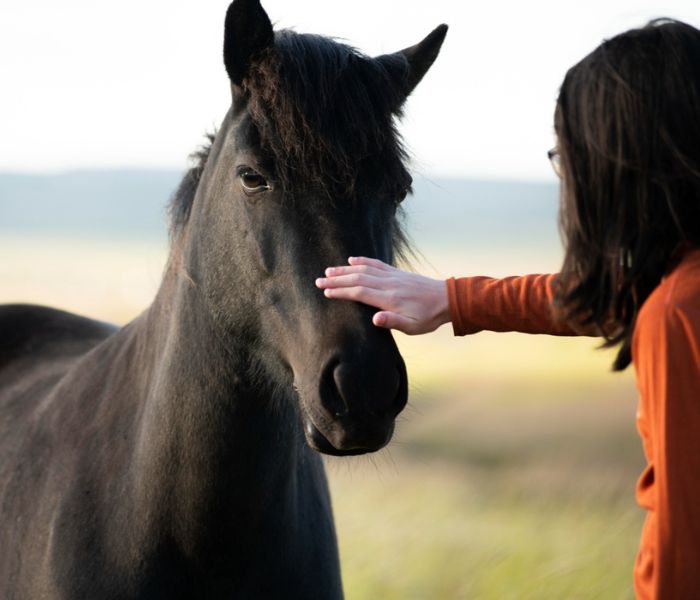Welcome to Bear Paw Veterinary Service
At Bear Paw Veterinary Service, we are dedicated to providing our clients with the best possible veterinary care. We are committed to providing exceptional care for all animals in our community while upholding the highest standards of veterinary medicine.


About Bear Paw Veterinary Service
Bear Paw Veterinary Service was founded by Dr. John Leeds in 1978 and was primarily a large animal clinic. Dr. Sam Ives purchased the business from John in 1992 and started to offer small animal services in 1993. In January 1995, Dr. Paul and Mary Ann McCann purchased the business and continued seeing small and large animals.
Bear Paw Veterinary Service is known for its excellent doctors and team members. We strive to provide quality service and educate our clients whenever possible. Our team of 15 can provide services, including basic health, surgical procedures, and internal medicine cases. Large animal services include reproductive services, herd health, lameness, and dental balancing. The diversity of our services and availability makes us easy to work with. Dr. Paul McCann obtained his Certification in Animal Chiropractic in 2014. Our doctors strive to be on the cutting edge of animal health.
Complete Veterinary Care in Havre, MT
We offer comprehensive veterinary services tailored to meet the individual needs of our clients and their animals. Our expertise in basic health services, surgical procedures, and internal medicine enables us to provide the highest standard of care. We also specialize in large animal services such as reproductive work, herd health management, lameness prevention, and more.
Equine
Our team will work closely with you to ensure your horse’s health, welfare, and happiness.
Bovine
Specialized bovine care and assistance, expert solutions for all your cattle needs.
Companion Animal
Enhancing lives through furry companionship and support.
Mobile Services
We can provide various large and small animal services in the field with our fully equipped pickups.
Meet Our Veterinarians
With years of experience and a genuine love for all animals, we provide a wide range of services. Our veterinary team is dedicated to providing high-quality products and services to improve and maintain the health and productivity of our client’s animals. We strive to remain at the forefront of industry standards by staying up-to-date on the latest products and techniques in veterinary medicine. We are dedicated to helping our clients maintain healthy animals for years to come. We look forward to serving you and your beloved animals with the highest standard of veterinary care.

Thank You For Your Kind Words
“Amazing staff and Drs! They take great care with our animal loved ones. They understand the pain that comes with losing a family member and go above and beyond to help you get through the lows it can cause. Would always recommend for the care of your fur babies”
